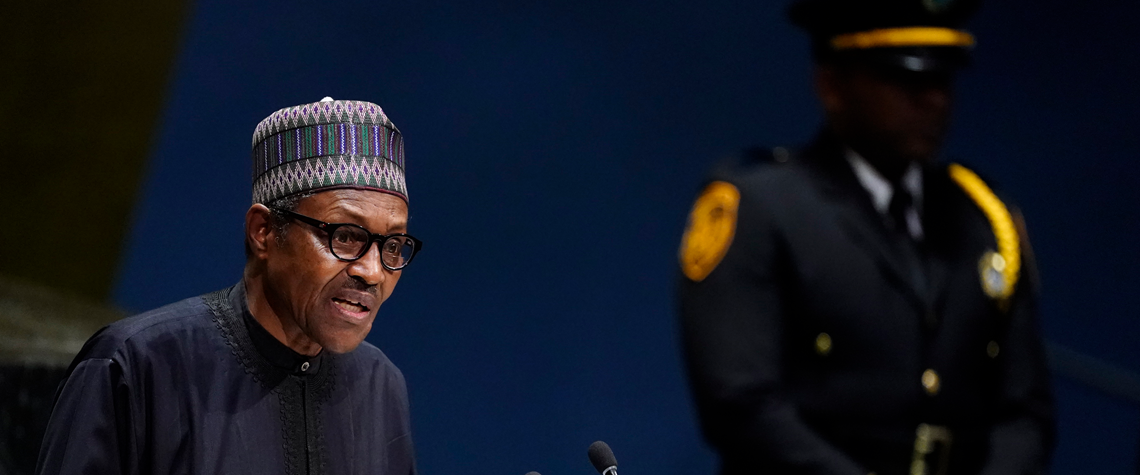The diverging fortunes of Africa’s crude kings
Profound differences in governance style will impact the speed and development of future energy projects across Angola and Nigeria
The 2014 oil price collapse hit Nigeria and Angola hard. Successive years without final investment decisions (FIDs) left sub-Saharan Africa’s top two oil producers confronting maturing fields and declining production. In Nigeria, president Muhammadu Buhari has done little to rekindle investment since assuming office in 2015—operators now face another three years of his slow-moving administration. By contrast, Angola’s head of state, Joao Lourenco, was quick to enlist the support of oil majors after assuming power in September 2017. The countries’ trajectories will continue to diverge in 2020 as Lourenco’s reforms reap rewards and Buhari continues to dither. Regulatory reforms Key to revivin

Also in this section
17 February 2026
The 25th WPC Energy Congress, taking place in Riyadh, Saudi Arabia from 26–30 April 2026, will bring together leaders from the political, industrial, financial and technology sectors under the unifying theme “Pathways to an Energy Future for All”
17 February 2026
Siemens Energy has been active in the Kingdom for nearly a century, evolving over that time from a project-based foreign supplier to a locally operating multi-national company with its own domestic supply chain and workforce
17 February 2026
Eni’s chief operating officer for global natural resources, Guido Brusco, takes stock of the company’s key achievements over the past year, and what differentiates its strategy from those of its peers in the LNG sector and beyond
16 February 2026
As the third wave of global LNG arrives, Wood Mackenzie’s director for Europe gas and LNG, Tom Marzec-Manser, discusses with Petroleum Economist the outlook for Europe’s gas market in 2026







